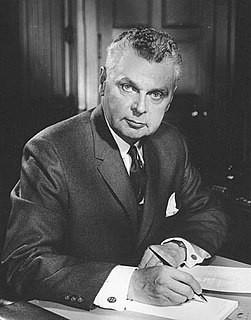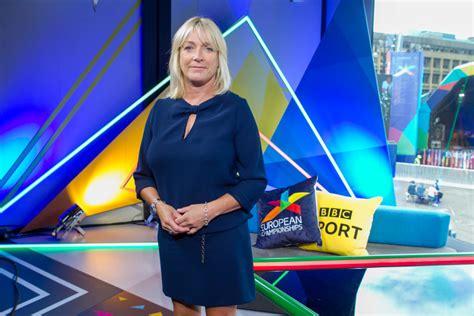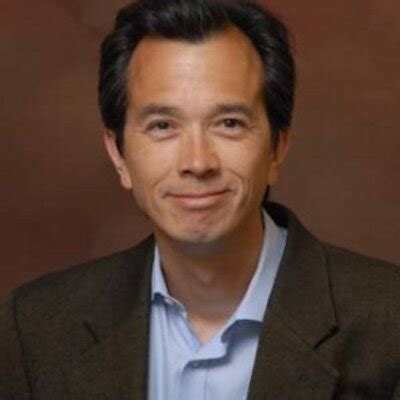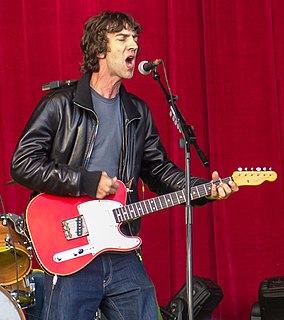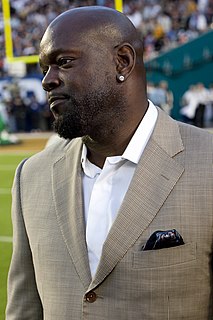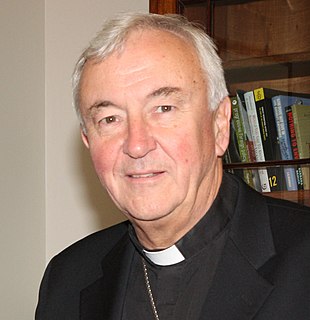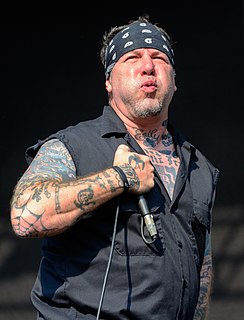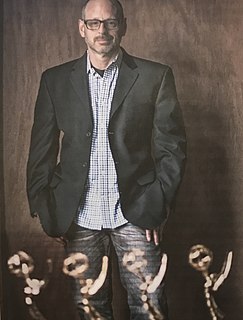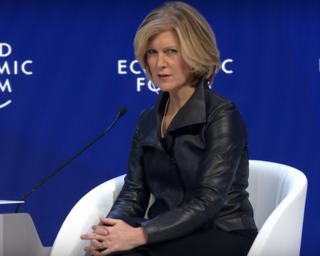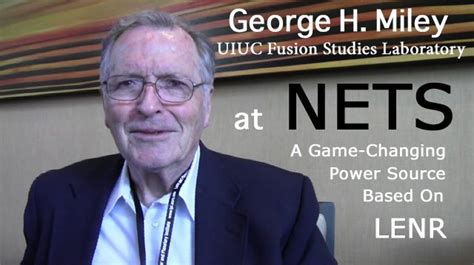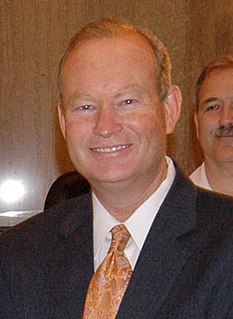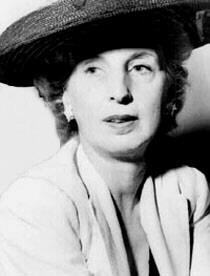Top 1200 Local History Quotes & Sayings - Page 4
Explore popular Local History quotes.
Last updated on December 19, 2024.
Black History is enjoying the life of our ancestors who paved the way for every African-American. No matter what color you are, the history of Blacks affected everyone; that's why we should cherish and respect Black history. Black history changed America and is continuing to change and shape our country. Black history is about everyone coming together to better themselves and America. Black history is being comfortable in your own skin no matter what color you are. Black history makes me proud of where I came from and where I am going in life.
You can sort of see elements of Donald trump policy in different walks of life. Brazil and France have a long history in intervening in business decisions to protect local jobs. What I don't think we see is much evidence that in the long run those types of tactics make much difference, when the economics of production are pushing in the other direction.
Football spectators appreciate a bit of loyalty, and we're seeing that less and less. There are echelons of football, as in society, where some players are clearly mercenaries. I regret in a way that somehow the local identification, the local bonding between the community and its football team has been commercialised to such an extent.
'London' is a gallery of sensation of impressions. It is a history of London in a thematic rather than a chronological sense with chapters of the history of smells, the history of silence, and the history of light. I have described the book as a labyrinth, and in that sense in complements my description of London itself.
London' is a gallery of sensation of impressions. It is a history of London in a thematic rather than a chronological sense with chapters of the history of smells, the history of silence, and the history of light. I have described the book as a labyrinth, and in that sense in complements my description of London itself.
The introduction of the Christian religion into the world has produced an incalculable change in history. There had previously been only a history of nations--there is now a history of mankind; and the idea of an education of human nature as a whole.--an education the work of Jesus Christ Himself--is become like a compass for the historian, the key of history, and the hope of nations.
History is my passion. So I write what I love to read. I find that if I combine history with a strong, sensual romance, it is like a one-two punch. The reader doesn't want the history without the romance, and of course the heavier the history, the more it has to be leavened with a sensual, all-consuming love story.
I wanted to be a broadcaster, sportscaster, or gameshow host from a very early age. I did my first broadcasting when I was 10 or 11 - into a tape recorder for my brother's football game, and for local events. A local radio station was experimenting with high school disc jockeys for rock and roll shifts - I applied - and got the job.
Both the velodrome and the Commonwealth swimming pool are open to the public and are frequently used by local schools and the local community. Over the last six years young people have been inspired to take up swimming and cycling more seriously; some of them are now coming through as Olympic champions or hopefuls.
High-speed Internet access won't stop future superstorms and it won't solve all the unfairness that low-income New Yorkers face. But with strong alliances between community members, local nonprofits, businesses and technology experts, it will bring affordable, local innovation that helps us build stronger, fairer and more resilient communities.
There are caste systems in American cities: Many are marginalized to the edges of urban centers due to real estate costs; price tags seem to lurk around human encounters; there's a cult of overwork in the middle class; workers at your local manicurist, your local fast casual restaurant, are exploited.
In my schoolboy days I had no aversion to slavery. I was not aware there was anything wrong about it. No-one arraigned it in my hearing; the local papers said nothing against it; the local pulpit taught us that God approved it, that it was a holy thing, and that the doubter need only look in the Bible if he wished to settle his mind.
I have always insisted on the need for local self-government for Russia, but I never opposed this model to Western democracy. On the contrary, I have tried to convince my fellow citizens by citing the examples of highly effective local self-government systems in Switzerland and New England, both of which I saw first-hand.
The settler makes history and is conscious of making it. And because he constantly refers to the history of his mother country, he clearly indicates that he himself is the extension of that mother country. Thus the history which he writes is not the history of the country which he plunders but the history of his own nation in regard to all that she skims off, all that she violates and starves.
Empty political space will be filled by extremists unless the United States and its allies build strong local forces that can suppress terrorist groups and warlords both. When the U.S. creates such local forces, it must be persistent. If it withdraws from these efforts, as America did in Iraq in 2011, it invites mayhem.
I feel history is more of a story than a lesson. I know this idea of presentism: this idea of constantly evoking the past to justify the present moment. A lot of people will tell you, "history is how we got here." And learning from the lessons of history. But that's imperfect. If you learn from history you can do things for all the wrong reasons.
I think as individuals, people overrate the virtues of local food. Most of the energy consumption in our food system is not caused by transportation. Sometimes local food is more energy efficient. But often it's not. The strongest case for locavorism is to eat less that's flown on planes, and not to worry about boats.
For the best part of my childhood I visited the local library three or four times a week, hunching in the stacks on a foam rubber stool and devouring children's fiction, classics, salacious thrillers, horror and sci-fi, books about cinema and origami and natural history, to the point where my parents encouraged me to read a little less.



